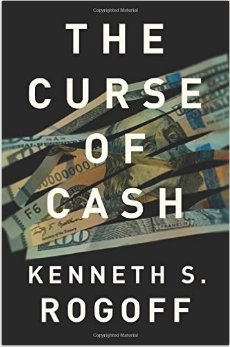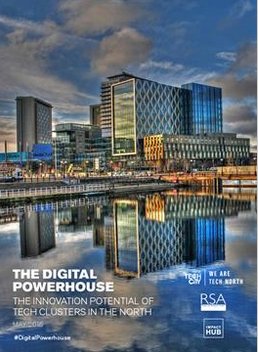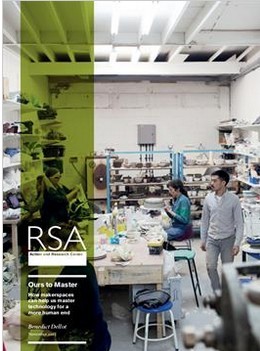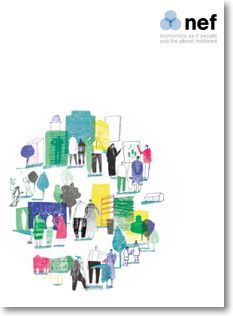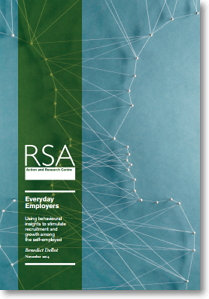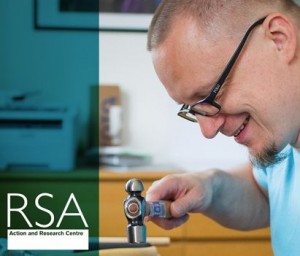
Article update: 28.10.2017 – A really sound article on the utility of libraries by Rhiannon Lucy Cosslett – No one needs libraries any more? What rubbish from The Guardian of Thursday, 26th October, 2017.
In it Cosslet takes to task the political pundit Andre Walker, for his omnipotent vision of the library service in the UK. Namely that no-one visits them anymore and they should all be closed down and the books given to schools.
Is there something Presidential in this decimation of the library service by Twitter?
Rhiannon goes on to thread her story with her use of the public library when young – developing intellectual curiosity, cultural awareness, knowledge of the world and taking up the rich opportunity public libraries offer to graze the landscape of the word, six books at a time.
We recommend the article to our readers.
Original text: In the Spring of 2015 the Adam Smith Institute published an article entitled ‘The End of Local Authority Libraries‘. As the economic ice age of Osbornian austerity descended upon us, the Press was full of cultural turbulence about the closure and operational rigidity of our national literacy assets.
Although the general Press attention has diminished, it is telling that the dilution of the library service has continued unabated, albeit with increasingly diminished media currency, as we have been further overwhelmed by matters of political moment in and about Europe, perhaps.
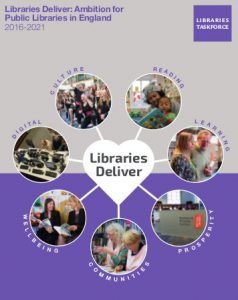
Central government, arguably, remains enthusiastic and espouses a positive vison for the library service. The recent report Libraries Deliver: Ambition for Public Libraries in England 2016-2021 from the Libraries Taskforce, is almost entirely upbeat about the half decade ahead. They offer a vision of a multiplicity of supported delivery systems for a local library in section 6.3 of the report.
The website Public Libraries News, in July, declared that now ‘there are at least five hundred libraries that are staffed, if not entirely run by volunteers’. On the one hand, this is a sign, we would argue, that there is profound suport for the local library at grassroots level. But it is also a sign, looking at the plethora of continual changes and negative reviews of library services across the country on the website, that there is no clear, effective and equally profound form of new governance emerging for libraries.
One that, at once taps into localism, yet satisfies the need for an eclectic and near universal access to knowledge and leisure, free at the point of delivery for those who need it most.
The trade union Unison are to hold a National SOS Day on the 19th of October, 2017. Save our Services is designed to show that ‘...libraries are a hub and a haven in our communities. They offer a place for people to work, relax, discover and think.They are a source of local knowledge and history and give everyone access to books, DVDs, music and more, for free or at a very low cost.
But libraries also do a lot more than lend books. Many hold events, anything from story time for children to yoga classes for adults. Library workers help people look for work, advise on using IT, organise talks by authors and so much more‘.
Source: https://www.unison.org.uk/blogs/2017/08/sos-day-17/
The debate, then, continues to have currency. The Adam Smith Institute argued, in its article by Eamonn Butler, that the free market was the solution to the ‘library deficit’ issue, as to be expected. That exemplars of library innovation, in the shape of American organisations such as Library Systems and Services, were to be the saviours of a moribund library market.
However, research shows that the accession of LSSI to the pinnacle of library stewardship has not been entirely successful in the USA. An earlier article in the New York Times shows how both library staff and users, even in the more affluent cities where LSSI has obtained contracts, have been happy to lead protests. Dissenting voices to the ending of unionised services, diminution of book stocks and antagonism towards the ethics of ‘libraries for profit’.
Source: http://www.nytimes.com/2010/09/27/business/27libraries.html

The Butler argument, from the Adam Smith Institute, saw the then new Birmingham City Library building as an example of ossification of service. The £188 million building began to operate on a ‘self-funded’ basis for events, for example, in the context of author events or arts activity. Both previously seen as draws to footfall for the library service. Indeed key activities in a wider cultural obligation for libraries, we would argue.
However, debate about the capital cost of a building in austere times is one thing, but the Institute author’s position somewhat fails to recognise that it is free market policies which have led to the very fiscal landscape that has so diminished the library service.
If a library is battered by exogenous fiscal policy upheaval, it is somewhat unfair to blame the librarian for lack of service, or diversity in activity, surely?
Is there hope for change? We think so.
We were pleased to see that there is widening acceptance by Councils that the community should have control of libraries as a community resource. At the beginning of August, for example, Derby City Council declared for the cessation of control of ten libraries, which will see ‘…the loss of at least 39 library assistants’ jobs and two library managers, of almost 100 staff who work for the authority. Community groups will get £17,500 a year each to fund their own managed libraries until 2022…’
Source: http://www.derbytelegraph.co.uk/news/derby-news/attempt-stop-biggest-ever-shake-265614
What is concerning, in this case, is the timetable and the level of grant in aid ceded to the community organisations in the City, to effectively manage the transfer and creation of a new community organisation to deliver the service.
More positively again, Bury Council this month have approved a new community asset transfer plan. ‘The new policy means applications from groups to buy community assets from the council will be considered against ‘key tests’ designed to ensure a deal which is best for the council and residents‘. The landscape of community opportunity grows!
However, it is entirely possible, we would argue, to imagine the creation of community libraries as Social Enterprises, where the not for profit governance model delivers a mix of volunteer and employee led services, bolstered by an admixture of social business services to support and maintain the core library provision.
A community cafe, a learning centre, a gardening or horticultural project…the list could easily be imaginatively extended by a dynamic, active community. The whole focused upon the creation of ‘…a place for people to work, relax, discover and think‘, to remind us of the Unison observation.
If the trade union are having an SOS Day, why do we not start a new think-tank movement, LASER – Libraries as Social Enterprise Renewal.
Write to conversationsEAST if you are interested in social enterprise, passionate about libraries and learning and keen to develop governance-sound, community led, not for profit library buildings.
We’ll publish a web site, host a meeting and give the idea traction?
Additional narrative – 20.08.2017

We have just come across a recent article in Wired by Susan Crawford, where she argues for a resurgence in phiilanthropy to revitalise the library service.
In the text, in response to a recent tweet by Jeff Bezos asking for suggestions about a new shape for his giving, she argues for an Amazon/Bezos programme of giving to libraries.
Developing Jeff Bezos’s current long term view of his ‘social investments’ towards, arguably, a philanthropic delivery that would cater for the short and the long term. Mr. Bezos describes his search for a new intitiative ‘…to help people in the here and now’. Our new library programme, as described, would do that, but also cater for the long term too.
Namely a series of Amazon Memorial Libraries, or Bezos Community Cultural Centres, would benefit the communities they were placed in, but they would also create new readers and enhance human capital in the hinterland of their sites, as well as delivering a major philosophical boost to the image of Amazon as a socially beneficial company.
You can read Susan Crawford’s piece on the pages of Wired here.
We understand Jeff Bezos reads every email sent directly to him. We’ll write to Mr. Bezos and make a suggestion supporting a new philanthropic venture into the British library landscape, and explore the models that might be created.
We would argue that history has been kind to the Carnegie model of library establishment, why should not future generations look as kindly upon Jeff Bezos?
Watch this space for an update, even if we don’t get a reply!
Useful links to accompany this article:
Library over-watch!
http://www.publiclibrariesnews.com/
Use it or lose it! – The Guardian
City Library Birmingham: Image by Gareth Williams - Creative Commons

